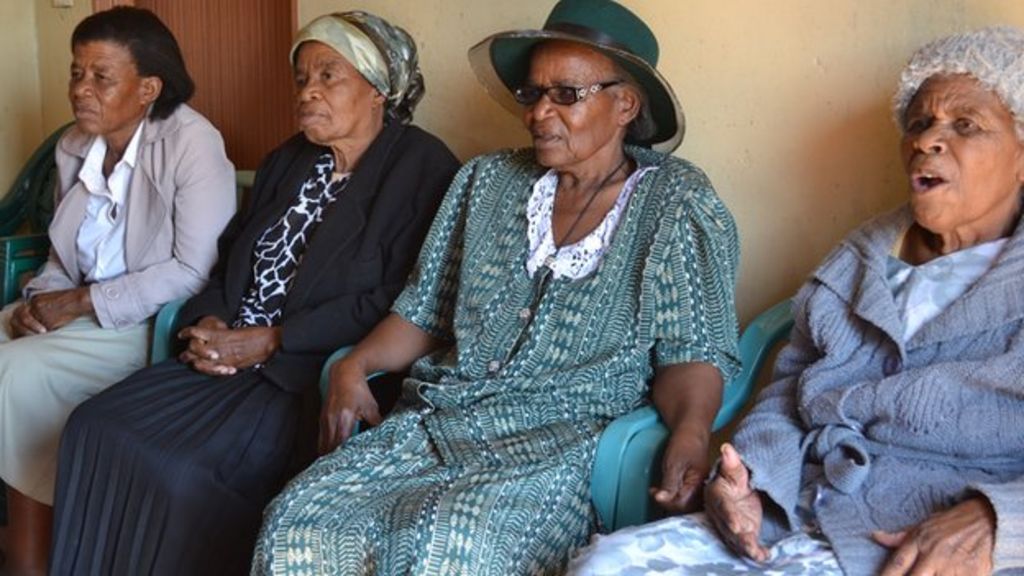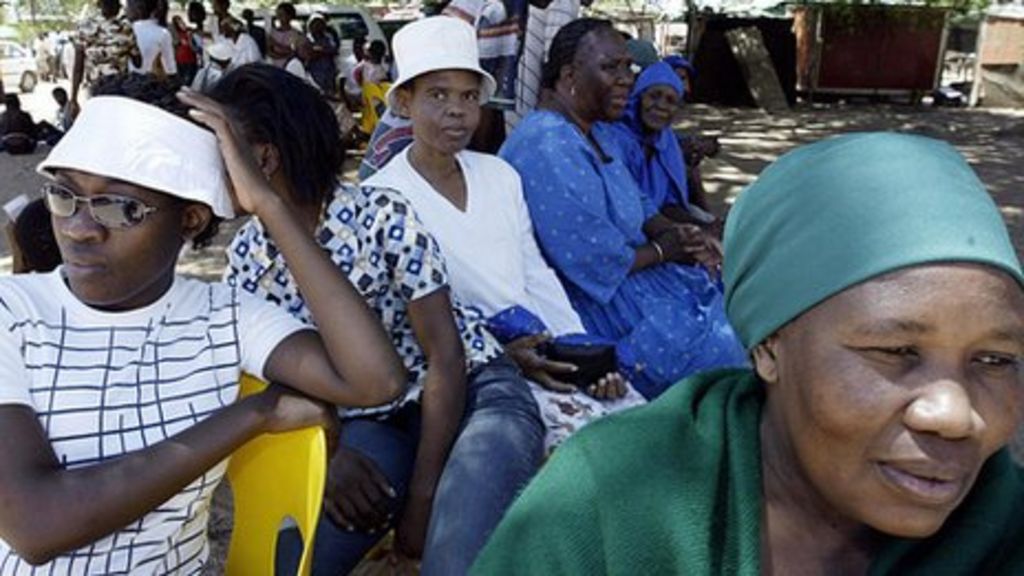
Edith Mosadigape Mmusi and her three sisters – Bakhane Moima, Jane Lekoko, Mercy Kedidimetse Ntshekisang
October 12, 2012, was a great day for Edith Mosadigape Mmusi, her three sisters – Bakhane Moima, Jane Lekoko, Mercy Kedidimetse Ntshekisang – and women across Botswana and southern Africa. On that day, the High Court of Botswana ruled that women should be allowed to inherit by customary law. The Court ruled that Edith Mmusi, who had lived continuously in her house and home, should not be excluded from inheriting … her own home.
The sisters were supported by Priti Patel, of the Southern African Litigation Centre, based in Johannesburg, as well as other women’s rights activists across Southern Africa. They were also supported by the earlier Attorney General v Unity Dow, a landmark women’s rights case. From top to bottom and side to side, this was a women’s case, brought by women activists, women jurists, women elders, women. Upon leaving the High Court in Gabarone on October 12, Edith Mmusi said, “It’s a great day for us.”
It was indeed, and it just got better.
Yesterday, in a unanimous decision, the Court of Appeal in Ramantele v Mmusi and Others upheld and strengthened the High Court’s October decision: “Constitutional values of equality before the law, and the increased leveling of the power structures with more and more women heading households and participating with men as equals in the public sphere and increasingly in the private sphere, demonstrate that there is no rational and justifiable basis for sticking to the narrow norms of days gone by when such norms go against current value systems.”
In his concurrence, Chief Justice Kirby noted, “Any customary law or rule which discriminates in any case against a woman unfairly solely on the basis of her gender would not be in accordance with humanity, morality or natural justice. Nor would it be in accordance with the principles of justice, equity and good conscience.”
Priti Patel put the day’s decision and event in context: “The judgment today by the Court of Appeal made it clear that women are not second class citizens in Botswana. The Court of Appeal’s unanimous decision – noting that customary law unjustly discriminating against women solely on the basis of their gender would violate the Constitution and the laws of Botswana – was a significant move forward in ensuring the end of gender discrimination in Botswana. Some people had feared that the Court of Appeal would set the fight for women’s rights back yet again,” said Patel. “But instead they ruled unanimously in favour of equality and against gender discrimination. It is a hugely important decision not only for Botswana but for women across southern Africa.”
It’s a great day for Edith Mmusi, for Bakhane Moima, Jane Lekoko, Mercy Kedidimetse Ntshekisang, for Unity Dow and Priti Patel, for women across Botswana, across southern Africa … and beyond.
(Photo Credit: BBC)
